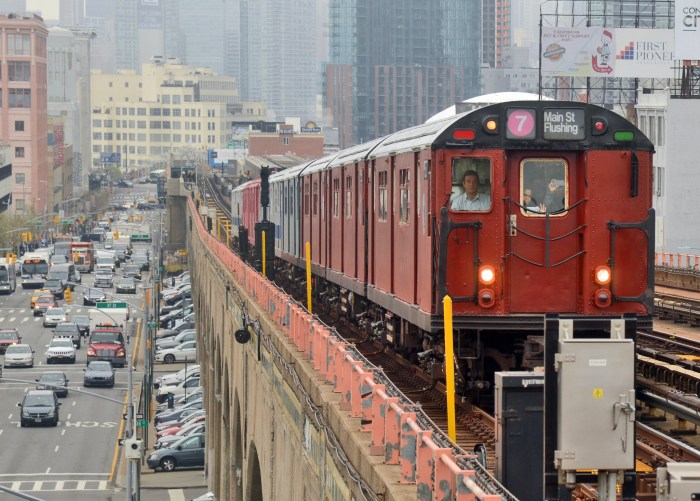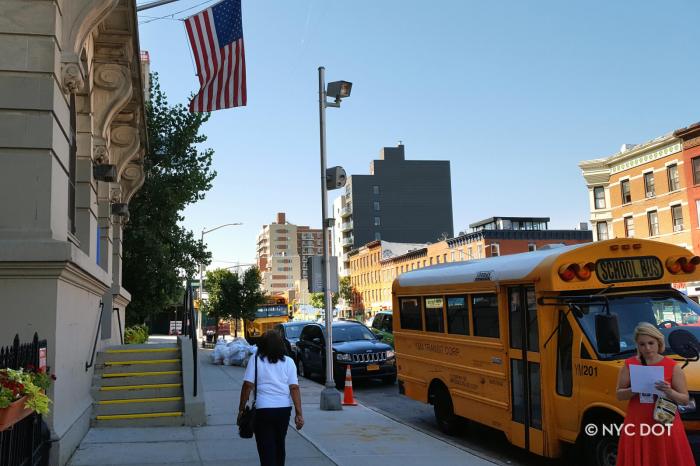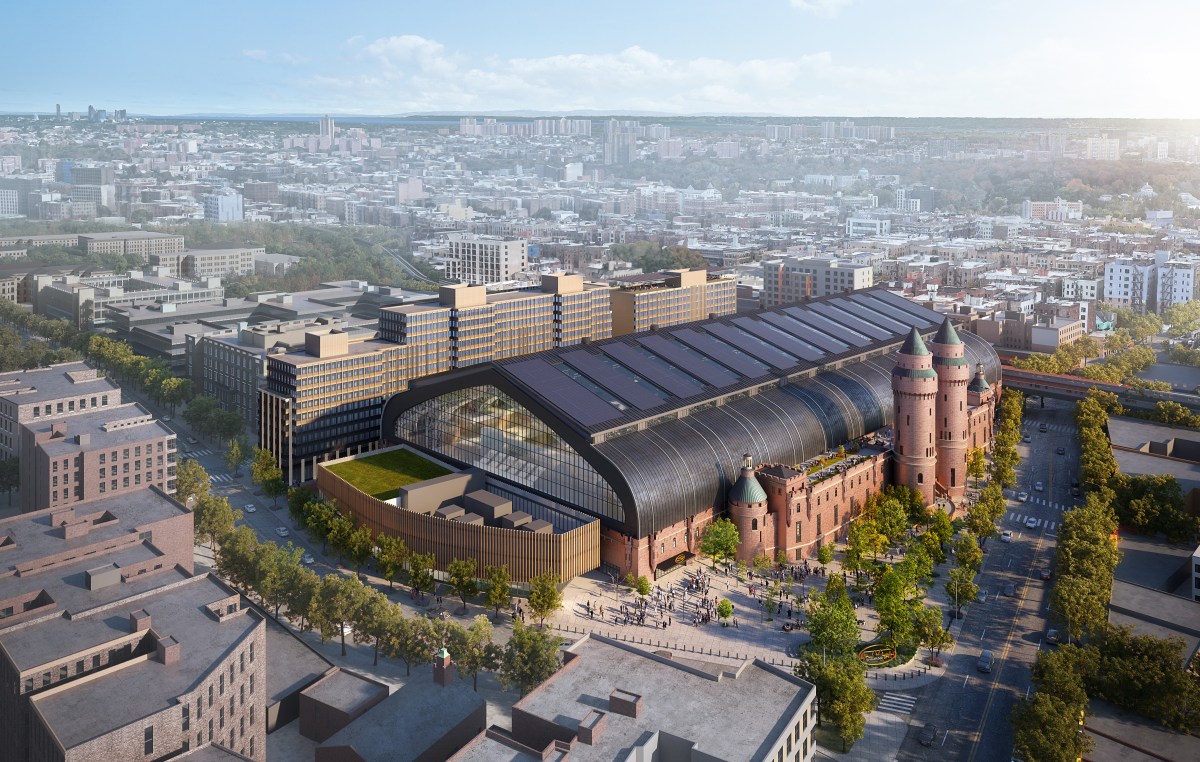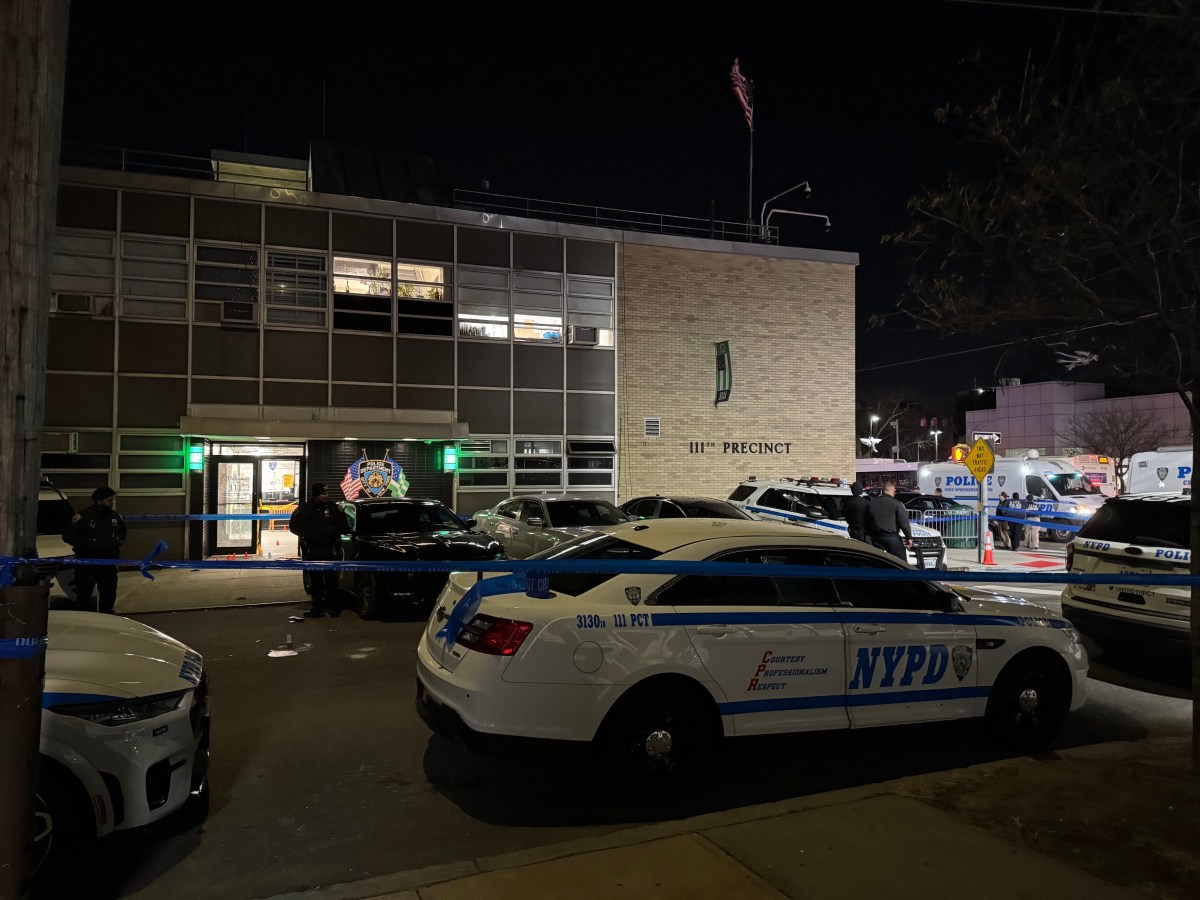
Citi Bike will finally expand into the Bronx and deeper into the outer boroughs.
After years of anticipation and criticism over its location in primarily wealthy and white parts of the city, the bike-share provider and the de Blasio administration outlined plans for a slow, but significant expansion over the next three and a half years.
By the end of 2023, Citi Bike will push out to areas such as Corona, Queens; Brownsville, Brooklyn; Morrisania, in the Bronx; and up through the remainder of Manhattan. Staten Island is not included in the plans, though the borough will get an island-wide expansion of dockless bike-share service.
“We are really expanding the system in an exciting way,” said Polly Trottenberg, the city’s Department of Transportation commissioner, at a news conference in the Bronx Tuesday, noting that the bike share will move from the eighth largest system in the world to the top three after the expansion is complete.

Here is the general timeline for the expansion:
- Stations are beginning to roll out in Bushwick, Brooklyn, and Ridgewood, Queens, as part of a previously planned expansion along the L train line.
- Starting next year, the city will bring docks to the rest of Manhattan and into parts of the south Bronx.
- And lastly, between 2020 and 2023, Citi Bike will expand deeper into borough neighborhoods.
In Queens, service will extend to Corona, Elmhurst, Jackson Heights, Maspeth and Sunnyside. In Brooklyn, docks will be placed in Bedford-Stuyvesant, Brownsville, Crown Heights, East Flatbush, Kensington, Prospect Lefferts Garden, South Slope, Sunset Park and Windsor Terrace. The Bronx will get service in Concourse, Claremont, Highbridge, Longwood, Melrose, Morrisania, Mott Haven, Mt. Eden and Port Morris.
“I just want to say it’s about damn time — and I mean that in the most sincere and happiest form,” said Bronx Borough President Ruben Diaz Jr., who believes the bike share will help east-west travel in the borough.
“In the Bronx, we ride bikes too, and we just felt left out,” the borough president added.
The expansion is part of an agreement reached last year between the city and Citi Bike’s new parent company, Lyft, to double its footprint and triple its fleet size to 40,000 bikes by 2023.
Citi Bike, a public-private partnership that is not publicly subsidized, has for years been under pressure to expand into more sections of the city. After a lull in growth, there was debate among the City Council as to whether tax dollars should go toward the bike-share company to fund an expansion. Ultimately, as part of the deal in which Lyft bought Citi Bike’s operators, Motivate, Lyft announced a commitment to privately fund growth with a $100 million injection into the bike-share service. The city, for its part, has assembled a 12-person outreach team.

There are no plans to bring Citi Bike citywide, though Trottenberg estimated doing so would cost between $400 and $500 million.
In a year when cycling deaths have soared, transportation advocates were quick to call for the city to improve infrastructure in the new Citi Bike zones, which cover many neighborhoods without safe bike lanes. Trottenberg said the neighborhoods included in the expansion will be targeted through the city’s forthcoming cycling safety plan.
If the last expansion could serve as a guide, the city is expected to face pushback on multiple fronts: from car owners who don’t want to sacrifice vehicular parking for bike docks and from residents who view Citi Bike as a harbinger for gentrification. The city plans to add 28 docks per square mile, a key to providing reliable and walkable service.
Trottenberg, who lives in Park Slope, a neighborhood that stirred plenty of controversy over dock placement during the last expansion, said that "probably within about a month and a half the complaints went away and [Citi Bike] just became part of the streetscape." Community board outreach will begin within months.
As for the gentrification fear, Citi Bike supporters Diaz Jr. and State Sen. Jessica Ramos, who represents neighborhoods in Queens slated to get bike share, said that gentrification is caused by a complex web of forces and that transportation improvements should not be denied to communities that desperately need them.
"There’s a huge difference between community development and community displacement," Ramos said, adding that Citi Bike "will actually lend itself to mobility for everybody. It’s actually about equity and access."




































